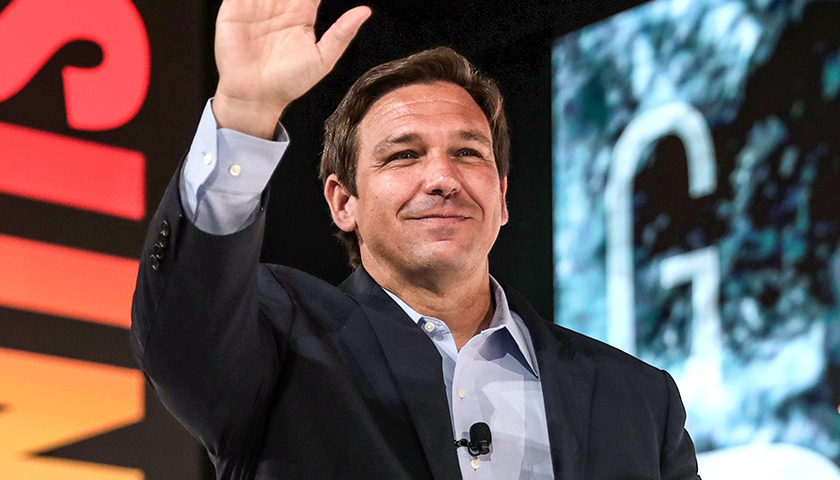by Brad Polumbo
Debate over the welfare state is once again making headlines. On Monday, the expanded unemployment welfare system was finally allowed to expire after more than a year. Originally created as a “short-term” measure authorized for a few months in March 2020 then repeatedly extended, these benefits paid many of the unemployed more than their former jobs, with benefits reaching up to $25/hour in dozens of states.
Dozens of Republican-led states chose to end the benefits early. This week’s termination of enhanced benefits was in the Democrat-run states that maintained the expanded payouts, and with their lapse, the debate over whether these benefits were disincentivizing work was reignited.
The Wall Street Journal even published a news article, widely circulated among welfare advocates, claiming that “states that cut off enhanced unemployment benefits early didn’t see a significant boost in job growth.” This was a bizarre spin given that the article itself notes that “economists generally agree the enhanced benefits caused some people to stay out of the labor market” and contains several pieces of evidence suggesting they did have a significant effect. But the skewed reporting is consistent with a broad pattern in media coverage and political commentary that has attempted to downplay and deny any drawbacks of the welfare expansion.
New research makes the obvious work disincentive even more difficult to deny. A new report by Mercatus Center economist Michael Farren and Christopher M. Kaiser analyzed data from the Current Population Survey and found that states which ended the expanded benefits saw twice as much job growth compared to states which maintained them.
My hot-off-the-presses research:
Federal UI benefits likely reduced job growth.
The states which ended participation in federal programs early showed 2x the job growth relative to the states which kept the programs in place through this week.https://t.co/QpCWnuDd5T— Michael D. Farren (@MichaelDFarren) September 3, 2021
The results “show that higher UI benefits tend to discourage employment, whereas the end of UI eligibility appears to motivate more workers to become employed,” the Mercatus researchers note. They pointed out that this is consistent with a long and extensive economic literature finding that unemployment benefits—which effectively subsidize joblessness—lead to increased unemployment.
This new study simply confirms what common sense and basic economics alike always predicted. States that ended ultra-generous benefits earlier had more job growth, while those which continued to disincentivize work had weaker job growth. But don’t expect welfare state advocates to acknowledge this reality any time soon, lest their big-government worldview begin to fall apart.
– – –
Brad Polumbo (@Brad_Polumbo) is a libertarian-conservative journalist and Policy Correspondent at the Foundation for Economic Education.
Photo “Gov. Ron DeSantis” by Gage Skidmore CC BY-SA 2.0.






Those that desire to be paid for not working please move to NY or CA. We in TN will not pay for you. Goodbye.